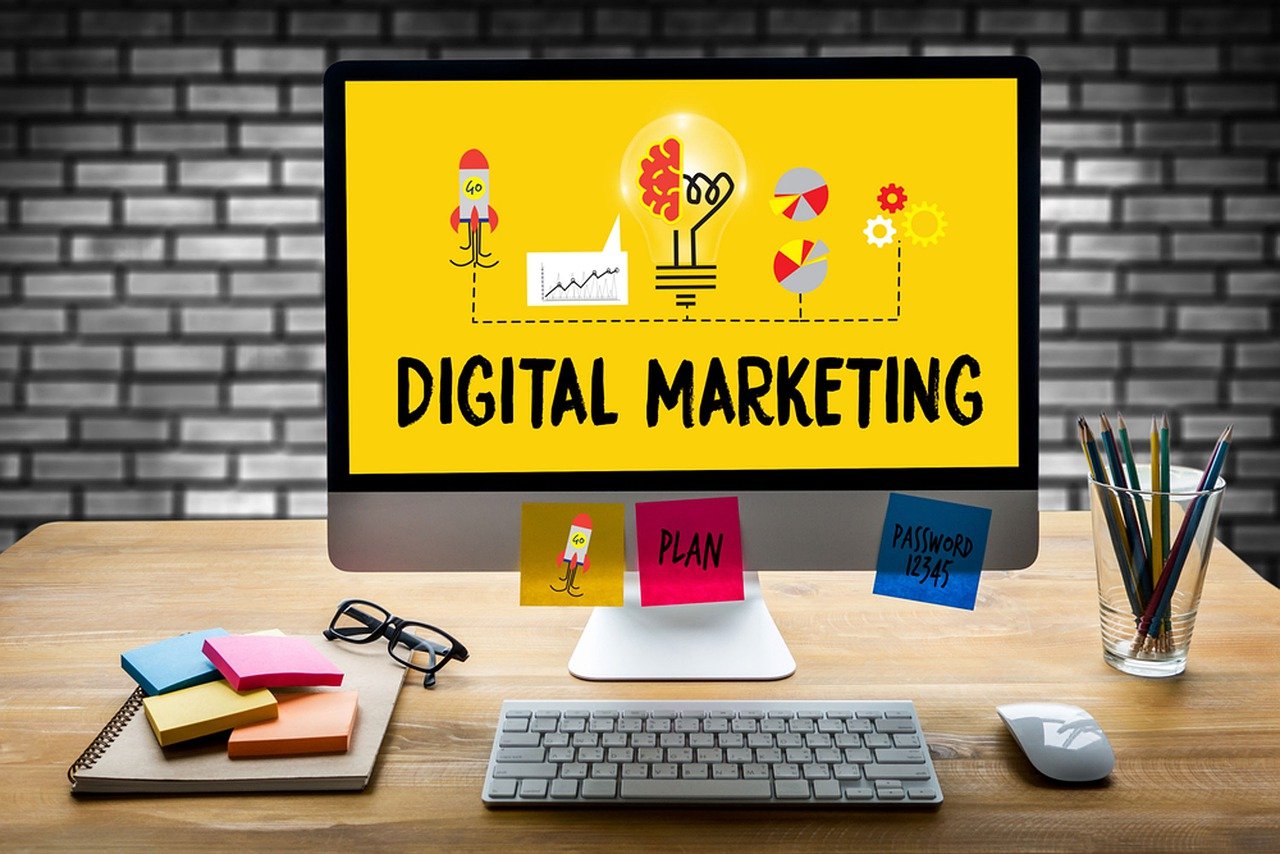In this blog post we are going to discuss web marketing, or rather, online marketing. Wait a moment, maybe digital marketing is a more appropriate term. No, then how about internet marketing? I decided, we should talk about marketing and identify some interesting general considerations.
Is traditional marketing dead?
Without going into too much detail, traditional marketing is not dead, it is only changing, and evolving. In any social media marketing, SEO or content marketing books we have come across, we have always found an introductory chapter on traditional marketing, the classic 4Ps (Product, Price, Promotion, Place) and substitution in 4C.
These concepts have remained the basis of modern day marketing, but we cannot fail to notice that something is changing. What is heralding this change? The market is changing constantly, and the buying model is also changing. Not adapting to these change means becoming obsolete.
The focus of any company should be that of satisfying market demand. This has to be done with a proactive and flexible point of view. These days the rules are largely decided by consumers. If their buying habits change, marketers and companies must adapt to this metamorphosis.
Why web, digital, internet and online?
The answer is straightforward. The market is accepted and taken as a meeting point between supply and demand, has largely moved online. This does not necessarily mean that purchases are made on the internet through websites, but that digital devices have now become an integral part of consumer life and customer’s buying journey.
What is the difference between Web Marketing and Digital Marketing?
Up until the age of Web 2.0 you could confine web marketing activities to a website and the results generated by it. With the transition to Web 3.0, using the term web marketing is too simplistic. Online marketing activities are no longer confined solely to websites. Applications for mobile devices and social media have become an integral part of online marketing.
The cross-channel interaction between desktop and mobile as well as cross-device PCs, tablets and smartphones are enough to explain why the term digital marketing has become considerably more appropriate than web marketing.
Conclusions
At the end of the day, the ultimate goal of marketing, whether traditional or online, is to allow the brand to activate a connection with the people who identify themselves with its values,. It should also intercept the needs of consumers and help the company to reach its business objectives, and realise its maximum potential.
Would you like to learn more about how your company can succeed through Digital Marketing and SEO?
Drop us a line with your query and we’ll get back to you.

